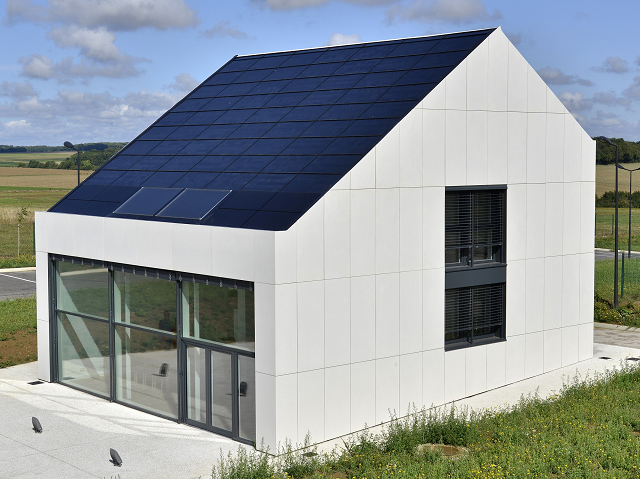Green chemistry and bio-based products
Arkema's expertise in plant chemistry
Arkema has a unique know-how in the chemistry of the castor plant, a non-edible plant, from which a wide range of high-performance long-chain biosourced polyamides (Rilsan® polyamide 11 range) are produced.
Many finished products are already made from these biopolymers: soles of sports shoes, eyeglasses, casing of cell phones, auto parts, etc. Today, 5 biorefineries of the Group are manufacturing products from plants.

Our bio-based processes prove that you can use renewable feedstock to make technical, cost-competitive products that meet a real market demand."
Arkema’s R&D is exploring additional opportunities based on other plant species as raw materials:
- Propylene, which is used to manufacture our acrylic acid essential for countless applications (pharmaceuticals, paper industry, paints, etc.), could be produced from glycerol, a polyol obtained from the production of biofuels made from rapeseed, sunflower or soya oil.
- Cecabase®RT additives for road bitumen contain surfactants 50% made from raw materials of renewable origin. Their use helps reduce by up to 50°C the application temperature of road surfacing, and thus significantly save energy consumption compared to the standard process.
Bioplastics for automotive equipment
On the strength of its expertise in castor oil chemistry, Arkema has developed a full range of ultra high performance biosourced polyamides capable of replacing metal in many under-hood applications.
In particular, Arkema recently developed the Rilsan® HT polyphthalamide (PPA) biopolymer used in the manufacture of certain under-hood equipment such as fuel lines, hydraulic lines, and connectors. This thermoplastic exhibits exceptional chemical and high temperature resistance, making it suitable to replace metal and rubber for the manufacture of rigid or flexible parts.
Collaborations to develop new plant-based raw materials
Alongside 17 European partners — businesses, agricultural institutes and universities —, Arkema is participating in the COSMOS research project, supported by the European Union and launched in March 2015.
The objective is to study the agro-industrial uses of camelina and crambe, two poorly known oilseed crops that cope with poor soil and can be harvested in just three months. They contain fatty acids that are not widely available in nature, potentially convertible into high-quality bioplastics.
Another major collaboration is Fiabilin in France, an R&D collaborative project overseen by Arkema and launched in September 2012. Its aim is to develop the use of flax in the manufacture of composite materials for a variety of markets, including automotive. Thanks to these vegetable fibers, manufacturers will be able to use high performance technical flax to replace glass fiber or carbon fiber as reinforcement for composite matrices.




